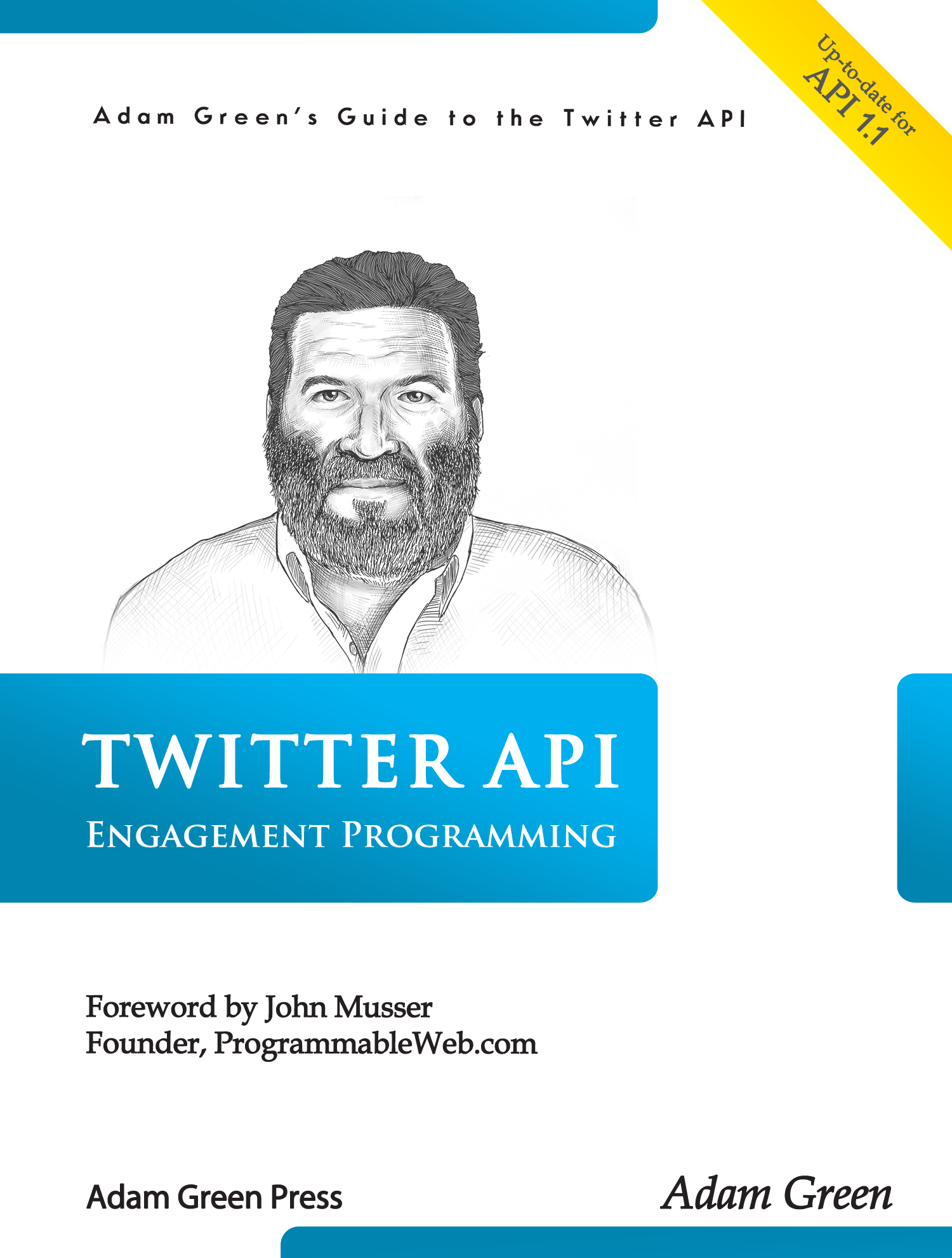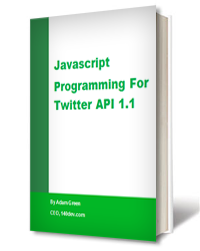To say that the relationship between Twitter’s management and its API developer community has been rocky over the last couple of years would be an understatement, so it isn’t surprising that some developers and tech bloggers have speculated that after the Twitter IPO access to the API will be removed or severely restricted. I can understand the fear developers feel about the API’s future, but my view is that Twitter’s IPO and many of its actions leading up to this event prove that the API will remain open and free.
1. Twitter has explicitly stated in its prospectus that the API and its developers are a key part of its product offerings. There are 6 mentions of the API in this document and they all clearly promote it as a core value to its users. Here is one example:
The value we create for our users is enhanced by our platform partners, which include publishers, media outlets and developers. These platform partners have integrated with Twitter through an API that we provide which allows them to contribute their content to our platform, distribute Twitter content across their properties and use Twitter content and tools to enhance their websites and applications.
Removing access to the API after declaring it an integral part of their product offerings would leave Twitter open to a shareholder suit for misleading the public.
2. The release of the 1.1 version of the API in the first half of 2013 was clearly timed to coincide with the IPO. Twitter must have known they were aiming for an IPO this fall when they planned this new API, and wanted to get what could have been a messy launch of this new version out of the way first. This tells me that the API is meant to last long after the IPO. Otherwise Twitter could have saved itself a lot of work by just sticking with the old API until it was killed.
3. Keeping the API publicly available is a significant cost in staff and servers. Since one of the criticisms of the IPO is Twitter’s continued losses, it would have been better to kill the API before the IPO, and then project greater future profits due to lower infrastructure costs. Twitter didn’t follow this path, proving that they are willing to absorb the costs of the API as part of their necessary technology.
4. Investors hate uncertainty even more than development clients. One of the missteps Twitter has made in the past with the API has been creating high levels of uncertainty by announcing that changes would be coming in the API, but then waiting months to reveal the details. I have lost more clients during these periods of uncertainty than at any other time in my working with the API. The stock market will not allow that type of behavior. Whatever Twitter does with the API next, they must do it in a much crisper fashion, or the market will teach them to do it that way.
5. If there is a compelling case for the API surviving long-term, what about the possibility of Twitter deciding to charge for access? That is always a possibility, but the downside is that developer access to the API must then become a profit center. Once you go public, every action is either a profit or a loss, unless you make it an intangible. There is no attempt in the prospectus to tie API access directly to a financial benefit. It is described as a qualitative benefit without any direct financial gain. This is much safer than trying to transition to a paid API model, and then have reporters and analysts constantly asking for proof that it is pulling its own weight. Even the advertising API is presented as a way to sell more ads, not as a way to sell the technology of the API.
In full disclosure my income is dependent on the continued availability of the Twitter API. I have been a full-time API developer for 5 years, and I just launched my first book in a planned series on Twitter API programming. If I thought there was any chance of the API being closed to developers, I wouldn’t be making this new commitment.








